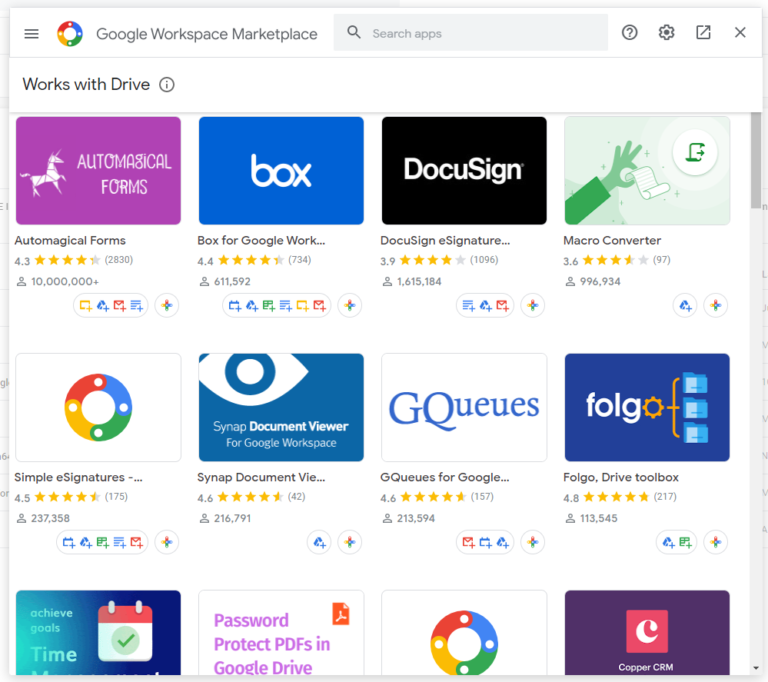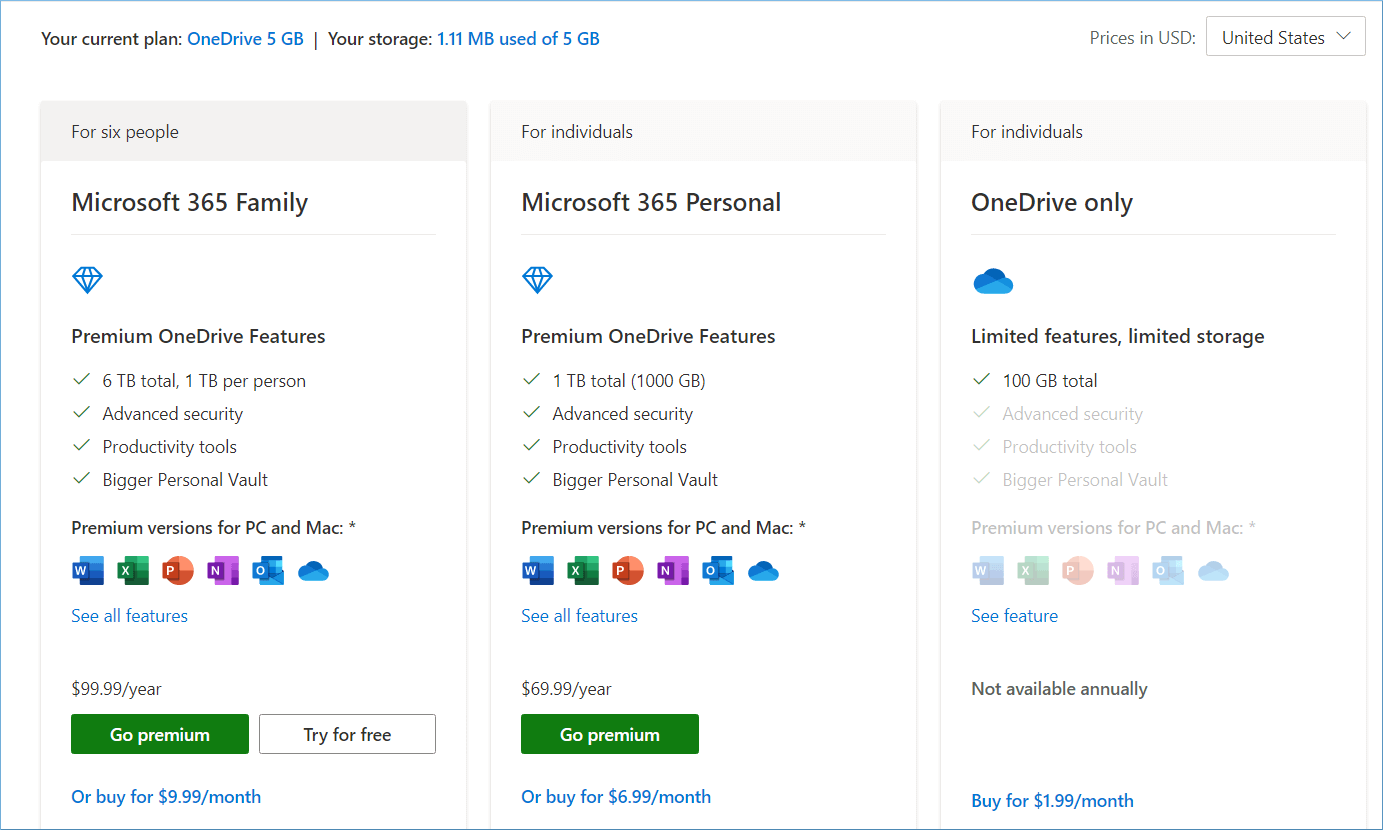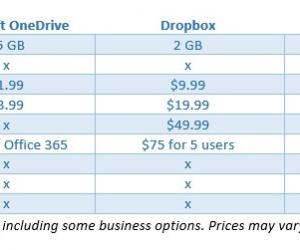

*Each subscription tier has gradually higher levels of business email features, video meeting capabilities, security and management controls, and customer support Microsoft 365 Business Basic: $5 user/month 1 TB cloud storage and web versions of Office apps like Word, Excel, PowerPoint, and TeamsĮnterprise: As much storage as you need at a negotiated price OneDrive for Business (Plan 2): $10 user/month unlimited cloud storage and advanced securityīusiness Plus: $18 user/month 5 TB cloud storage OneDrive for Business (Plan 1): $5 user/month 1 TB cloud storageīusiness Standard: $12 user/month 2 TB cloud storage Here’s a detailed comparison of Google Drive and OneDrive for Business pricing: Google Driveīusiness Starter: $6 user/month 30 GB cloud storage

On the other hand, there are standalone subscriptions for OneDrive for Business, but you can also subscribe to Microsoft 365 packages that include OneDrive for Business and other web services like Microsoft Teams, Word, Excel, and PowerPoint.

Keep in mind that to get Google Drive for your business, you need to subscribe to Google Workspace (formerly known as G Suite) plans. The first thing to consider when choosing between Google Drive and OneDrive for Business is what’s included in each of their subscription packages. If you’re unsure about which cloud storage solution best suits your company, we’ve broken down their features so that you can make a more informed decision. Google Drive and Microsoft’s OneDrive for Business are two of the leading cloud storage options most businesses consider, but each one offers something different with regard to storage capacity, integrations, and other features. However, while there’s no denying the benefits of cloud storage, not all providers are the same. Additionally, service providers offer scalable, pay-as-you-go subscription plans that let you start small and increase storage capacity as your demand grows. Authorized users can access company information stored in the cloud with an internet-connected device, giving them the flexibility to work from any location. Using the cloud for data storage allows you to outsource the IT infrastructure and expertise required to manage large amounts of data. Following the increasing adoption of remote work during 2020, the best place to store company data is in the cloud.


 0 kommentar(er)
0 kommentar(er)
